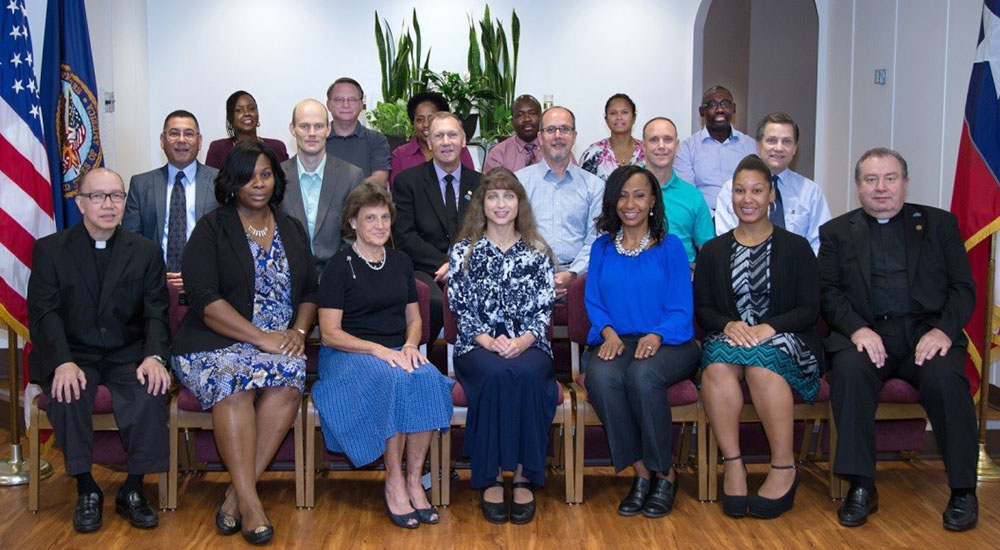Over the past few months, our lives have radically changed in ways both large and small. From how we go about our weekly errands to how we socialize with our wider communities. Social distancing has quickly brought to the forefront just how intrinsic human interaction is to our mental and emotional well-being.
As is always the case in times of crises, we can find hope in the examples of resilience and adaptability shown by people across the country. To see how this crisis is bringing people together in solidarity, you need only look at the selflessness of our health care workers and essential-service employees.
Beyond the physical and emotional tolls, these uncertain times have naturally affected our spiritual and religious lives, as well. Our new reality of social distancing affects weekly services, prayer and support groups and even religious holy days.
Comprised of 775 men and women, VA Chaplaincy tends to the spiritual needs of Veterans and VA staff across the VA health care system. Their primary role is to provide advocacy and spiritual support for VA patients.
The photo above is of the South Texas VA chaplain staff in 2017.
Chaplaincy turns to communications platforms
VA Chaplaincy, like other aspects of VA, has been challenged to think-outside-the-box, be innovative and be creative in the manner of providing spiritual care.
Like many of us, VA’s chaplains have turned to various communications platforms to connect with the people they serve. Using video conferencing tools and VA Video Connect, chapel services, group meetings and other interactions have continued largely uninterrupted.
By broadcasting services, many chaplains have even noticed a rise in attendance. More people are attending virtually than could physically fit in the hospitals’ chapels.
Chaplains in the Central Texas Health Care System began sending out “daily devotionals.” These short messages of hope and encouragement are sent via email throughout their health care system.
“The responses have been so overwhelmingly positive,” said Chaplain Byron Singleton. Singleton is chief of chaplains for the Central Texas Health Care System. “Those daily emails are circulating to active duty U.S. military personnel around the globe.”
Oftentimes, our spiritual, emotional and mental well-being are far more personal, rather than based in a broader community. With social distancing in place, families can no longer visit their loved ones in hospitals. Chaplains routinely facilitate video calls with patients’ families, wearing the necessary PPE, of course.
Chaplains call every Veteran at high-risk for self-harm
In San Antonio, chaplains have gone out of their way to individually telephone every Veteran in their health care system who may be at high risk for self-harm. They check on Veterans and offer any assistance they might need. Chaplain Kerry Haynes, chief of Chaplain Services at San Antonio VA: “A simple phone call seems to lift their spirits and remind them they are not alone.”
This personal touch isn’t just for VA patients. Chaplains, who routinely support clinicians on their rounds, also have begun to hold daily meditations for VA staff at the beginning or end of their shifts. This provides a moment of calm in their busy days.
These are exceptional times. Now more than ever, we need to remember that compassion and empathy are indispensable. We’re all in this together, and together we will persevere.
Chaplain Juliana Lesher is the national director of VA Chaplain Service. Joe Salvatore is a writer for the Office of Enterprise Integration.
Topics in this story
More Stories
Study underscores important role COVID vaccination can have in protecting Veterans from infection and reducing long-term health consequences
Columbia VA’s robotic surgery teams completed their 800th robotic surgery and are on schedule to hit 1,000 by the end of the year.
In a decentralized clinical trial, Veterans can participate from their own homes or local VA instead of having to travel to a research site.







